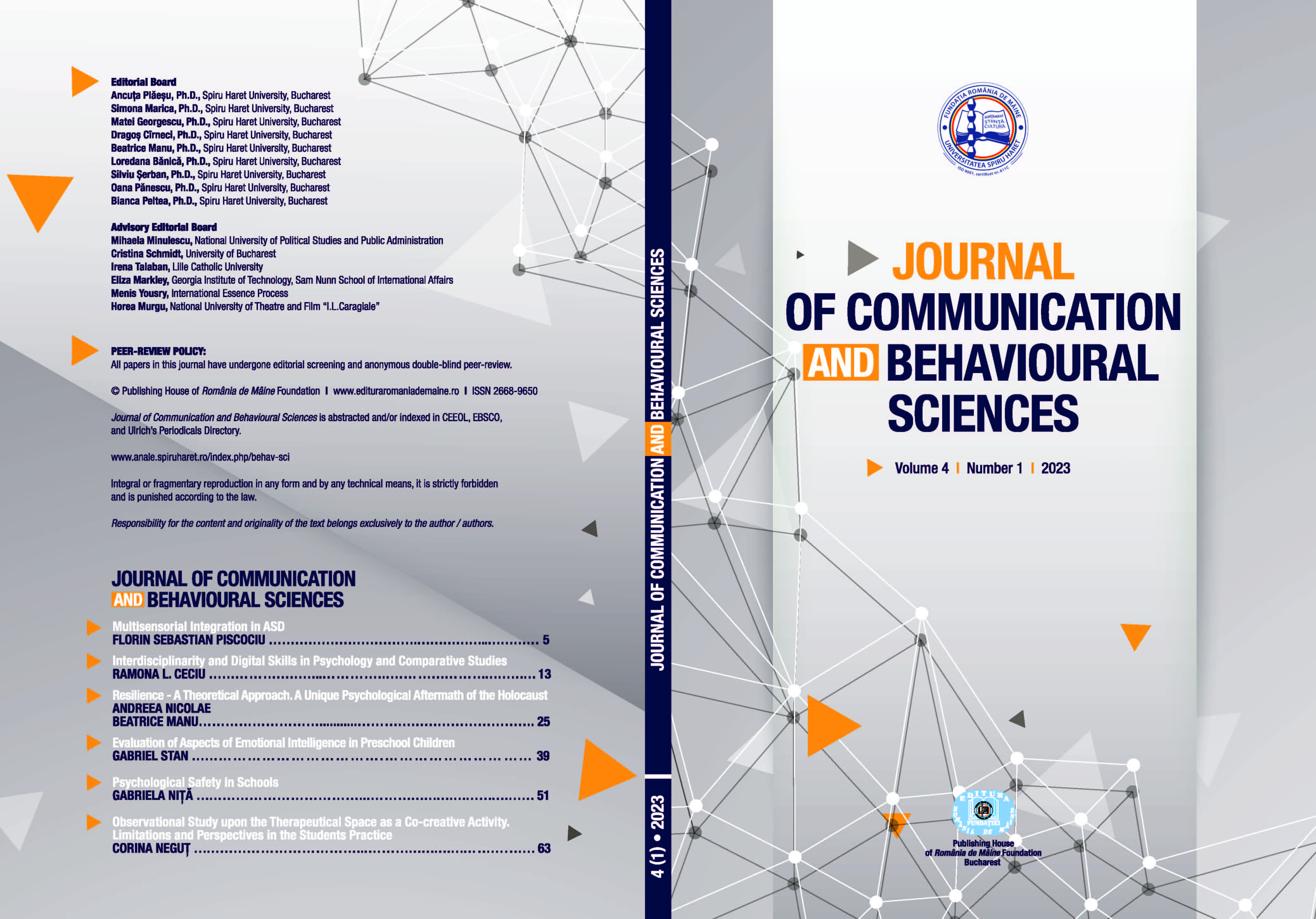
History of classified balance sheets in Turkey by 1982
History of classified balance sheets in Turkey by 1982
Keywords: Balance Sheet Classification; History of Balance Sheet; Financial Reporting;
Research Questions: As an output of double-entry bookkeeping practices, when were the balance sheets first seen in Ottoman Empire? What factors (people, legislation, internationalization, etc.) impacted the layout or format of the balance sheets until the Capital Markets Law was enacted in 1982 in Turkey? When were the classified balance sheets first seen in Turkey before 1982?Motivation: The study is inspired by country-specific financial reporting history studies.Idea: This study investigates the history of the classified balance sheets in Turkey before 1982 regarding changes, developments, and evolutions and aims to explore the development of classified balance sheets in the Ottoman and Turkey.Data: For the study, secondary sources such as accessible textbooks adopted by higher education institutions by 1982 in Turkey are scanned and examined.Findings: The study argues that classified balance sheets in Turkey before 1982 evolved by translating from French, German, and American sources. This could be observed in the accounting textbooks published by different authors with different educational backgrounds.Contribution: The findings may help interested researchers pursue comparative studies or explore such developments and evolutions in their jurisdictions.
More...
